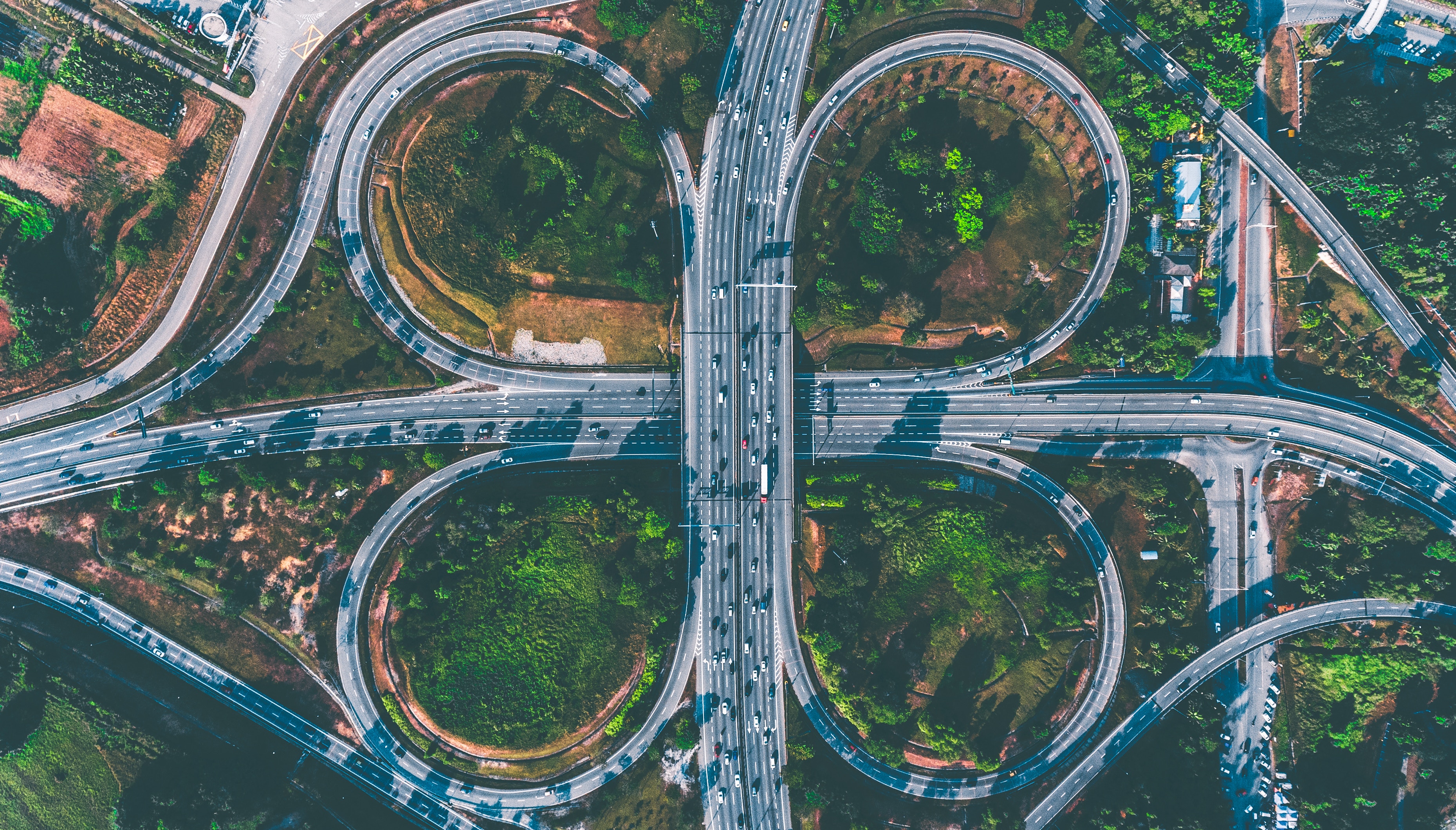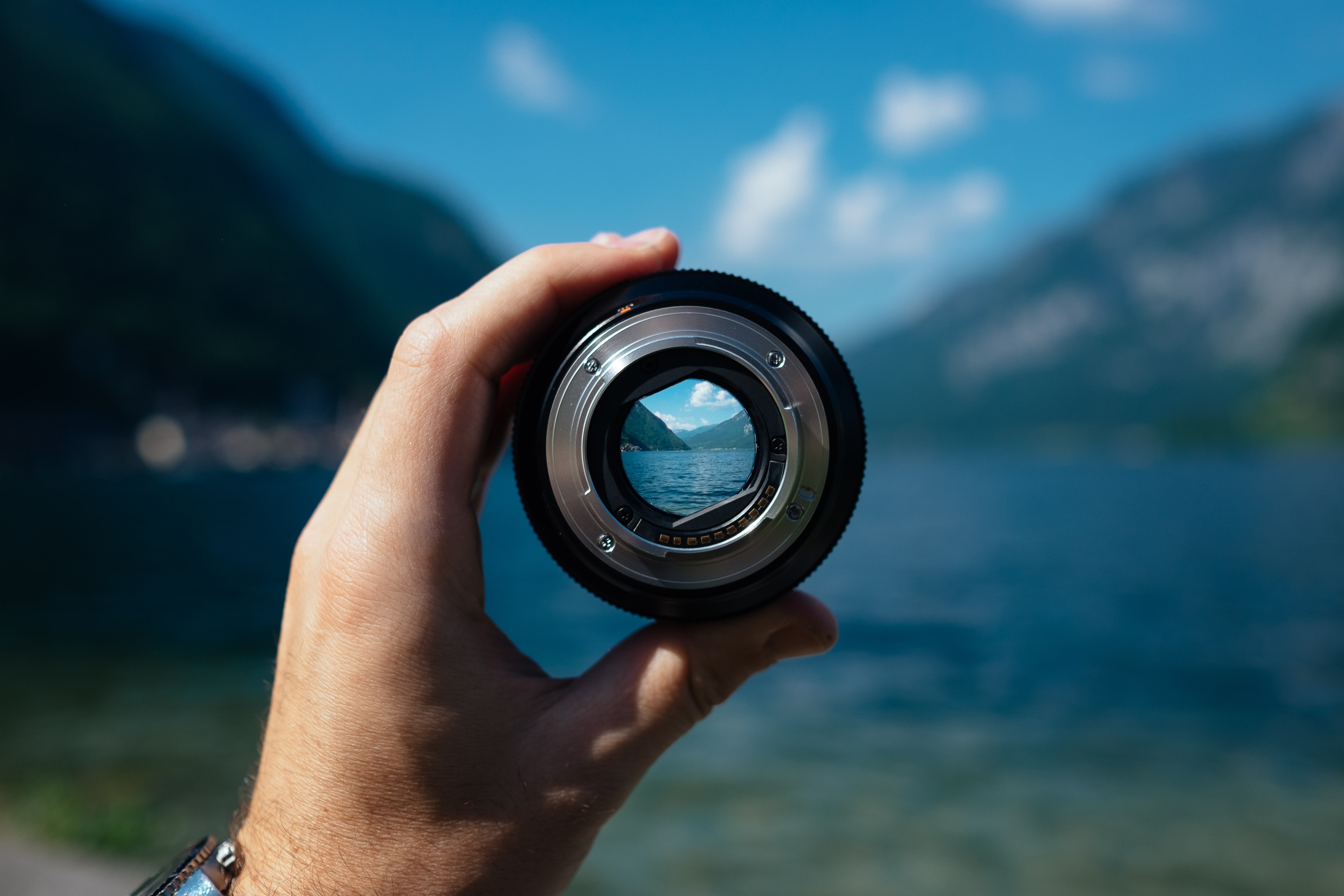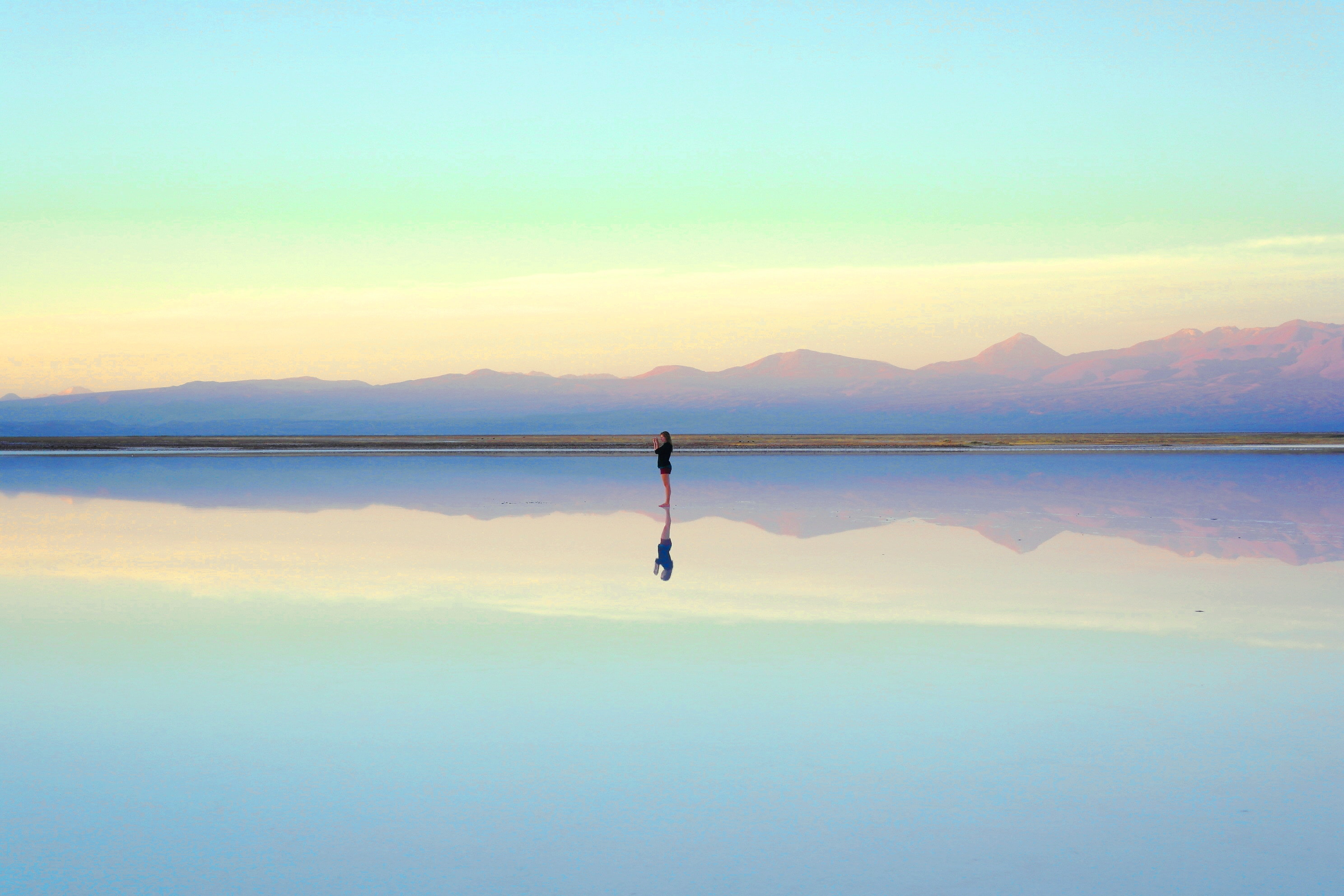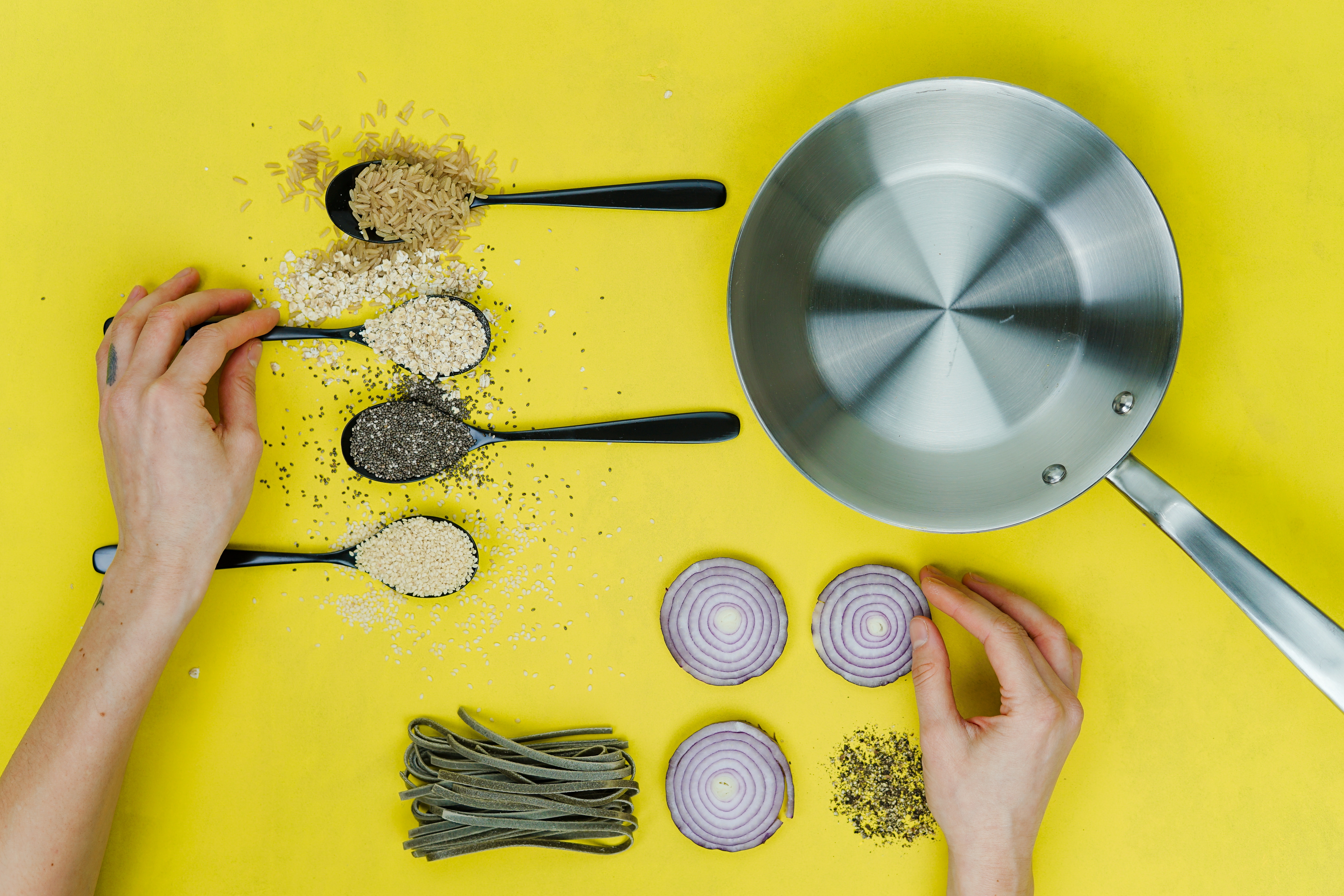I always thought that I would improve my academic and research skills by pursuing a masters in journalism. However, after reporting as a freelance journalist for two years, International Development became my first choice. I am sharing my experience in the hope that it will help if you want to become a journalist focusing on humanitarian and social issues through a master’s degree and are thinking about whether a
Development Studies MA is for you.

Photo by Deva Darshan on Unsplash
Crossover between journalism and development
It was my experience in Cambodia that guided me to find the crossover from journalism to development. At the same time as working for a local NGO to support young Cambodian village women to gain better life opportunities, I was reporting on issues of migration as a freelancer at the Thai-Cambodian border. This opportunity gave me a new perspective on how to improve my journalism skills and to balance the role I want to play in the fast-moving media industry. These advantages not only acutely built my confidence in the topics I was reporting but also helped me find the crossover between the fields of journalism and development. While all the time being aware of the ethical issues involved in journalism and NGO work.
"What I am learning at IDS is how to wear various critical lens when I look back at some scenes I witnessed, or stories I listened to. I find learning about power especially useful. Power dynamics do not just appear in economic, social, political spheres, they are also entangled with gender, spatial, seasonal, environmental and intersectional dimensions; in other words, it is everywhere."
A journalism backpack
Since starting my journey with the Institute of Development Studies last September I have found my MA program has helped me understand a relevant holistic view of problems, and helps me develop empirical approaches with a multidisciplinary lens.
In outlining three tools for my journalism backpack (and some of the limitations) that, so far, studying at IDS has given me- I hope I can give you a clearer direction if you are in a situation similar to mine.
 Photo by Paul Skorupskas on Unsplash
Photo by Paul Skorupskas on Unsplash
1 Finding the right critical lens
Studying international development equips my journalism backpack for working in the field. The structure taught at IDS highly reflected my previous work experience, particularly some exquisite details that I had noticed but didn’t know how to give an explicit explanation, or not even sure if it was called an ‘issue’. What I am learning at IDS is how to wear various critical lens when I look back at some scenes I witnessed, or stories I listened to. I find learning about power especially useful.
Power dynamics do not just appear in economic, social, political spheres, they are also entangled with gender, spatial, seasonal, environmental and
intersectional dimensions; in other words, it is everywhere. This power perspective subtly appears in almost every piece of news and reports but we easily dismiss it when only focusing on a one-dimensional view. For me, wearing a power-critical lens shapes more nuanced understandings of how these aspects are interconnected with each other.
For example, I see a group of empowered women suffering from domestic violence, and
the risk of empowerment helps unfold this complex issue from power, social and gender dimensions. Some of the undocumented migrant workers I talked to at the Thai-Cambodian border didn’t recognise themselves as illegal labour, and the book ‘Politic of the Governed: reflections on popular politics in most of the world’ written by Chatterjee and Paratha (2004) introduce the theory of ‘
political society’. It brings out an interesting discussion about how difficulty in accessing legal entitlements, such as citizenship and land ownership, constrains people’s rights to make a living; covering power, political, and social perspectives. This structure bridges my observations to issues, unpacks problems behind problems, and makes sense of the information I collect. The research methods
inductive approach and
deductive approach perfectly illustrate this process of analysis.

2 A reminder of bias and limitations through reflective practice
As a journalist awareness of power is fundamental, as it reminds us of our bias and position. The power relations between interviewers and interviewees, the place dynamics we set up, the group tensions between interviewees themselves, the persons we select and not select, the words interviewees say and not say, the purpose we bring there and the interview style we have, can all affect the results of our reports. We can, for sure, alleviate the effect of this intrusive role through some settings, but we have to admit our position already breaks the dynamics of their lives, and it will never be the same as the situation when we were not there. To have an awareness of these power relations does not mean that we have to avoid these dynamics, it is more important to know why and how it shapes our understanding and misunderstanding of the issues. Being aware of that, writing down reflections on interviewees’ reactions and our influence, is one way to present bias and limitations.
3 Potential to deepen narratives through participatory approaches
Alternatively we can revise this power through participatory approaches. Participatory approaches have the potential to provide us with more spaces to deepen the stories. In IDS classes I have learned how to shift the power of the microphone to the interviewees, and flip their positions from question-receivers to story-contributors.
For instance, rather than filming people in our stories, we can let them take photos of their own lives for a few days with cameras. University of Sussex doctoral researcher Tunde Alabi-Hundeyin demonstrates this approach in the Utopia photovoice project.
Speaking their languages, trying to stay at their places for a few days, or just walking around and talking to the people in that area at different times (day and night, or in different seasons for instance) are essential strategies to explore underlying issues behind people’s lives. In addition, collaborating with local journalists or fixers, and possibly co-writing or co-creating the project with them is a key to involving deeper local perspectives. The most important, as Robert Chambers mentions every time in his workshops, is to negotiate enough time and budget to conduct our projects. If the topic matters those editors of media outlets should understand the necessity of time and energy investment. It is never easy, but I hope I keep this in mind on my journalism journey; to primarily sensationalise the issues I draw on, and emphasize the people I care about.

Photo by Andrew Butler on Unsplash
"Studying at IDS provides me with the chance to study with a broad range of people from various backgrounds and countries (this year’s students are from 71 different countries), but perhaps if I was studying journalism it would be easier to target the direct industry and to link up with people who can help my career move forward"
The limitations
There are limitations to developing my reporting skills by studying development at IDS. For example, report writing is quite different from the academic style, and I have to develop both capabilities at the same time. I also find I need to take more time to understand the fast-moving media industry, in particular to learn how media companies apply multiple techniques to analyse data and present stories. Similarly, understanding how media plays a role in shaping the global landscape in politics, democracy, and international issues is essential, but hasn’t (yet) been highlighted in the development field. Last but not least, I am lacking networking in the media industry. Studying at IDS provides me with the chance to study with a broad range of people from various backgrounds and countries (this year’s students are from 71 different countries), but perhaps if I was studying journalism it would be easier to target the direct industry and to link up with people who can help my career move forward.
"In my case, studying Development Studies helps me build a sense of structural comprehension and deal with the complexities of power. Plus, being aware of these limitations guides the kind of effort I need to make to improve myself"

Photo by Toa Heftiba on Unsplash
There is no one size fits all recipe
Studying Journalism would have equipped me with certain journalism skills, and I don’t mean to downplay its impact. However, I think it is fundamental for those who are considering working in this field, to rethink what you really need. There is no ‘one-size-fits-all’ recipe and there are no shortcuts. In my case, studying Development Studies helps me build a sense of structural comprehension and deal with the complexities of power. Plus, being aware of these limitations guides the kind of effort I need to make to improve myself. I am sharing my experience with you to show the deep connections between Development Studies and Journalism; I hope you find it useful.
Main Image: Journalism by Nick Youngson CC BY-SA 3.0 ImageCreator
